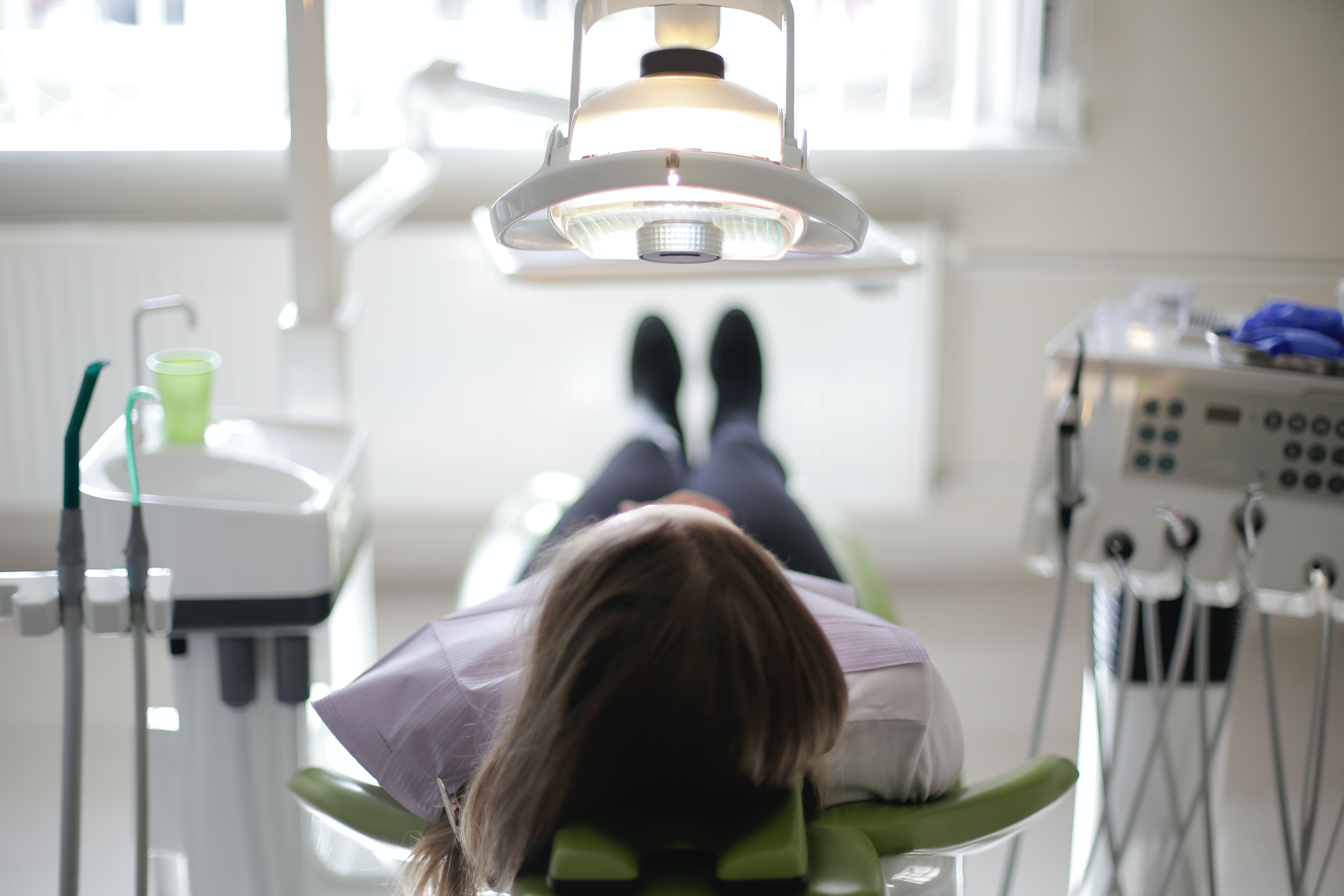Haven’t been to the dentist in years? It’s actually not that uncommon. According to a 2018 survey cited by the American Dental Association, only 58% of the people polled saw a dentist once a year or, as the association recommends, every six months. That means that the other 42% haven’t been to the dentist in years, or perhaps even longer.
The reasons why people skip the dentist vary. A lot of people experience anxiety or even fear going to the dentist and avoid it. Others are concerned about the cost, especially if they’re not covered by dental insurance. And if dental care isn’t conveniently located or doesn’t have flexible hours, it can be hard to coordinate it with a busy schedule. Moving and not finding a new dental practice right away is another thing that can throw off routine visits.
Recently, COVID-19 has provided another reason to miss checkups. The closure of offices during the initial shutdown derailed the plans of those with appointments already scheduled. And once they reopened, fears of catching the virus added to the anxiety of those who were already dentist-shy. Luckily, dental practices are following special protocols to make patients safe. You can read about them here.
Whatever the reason for not going to the dentist, when you do decide to go, you’re sure to have questions. Whether you have a dental emergency or have just decided to get back on track with your oral care, here are some things to keep in mind and what to expect at the dentist after a long absence.
Tip #1: There’s No Reason to Be Embarrassed
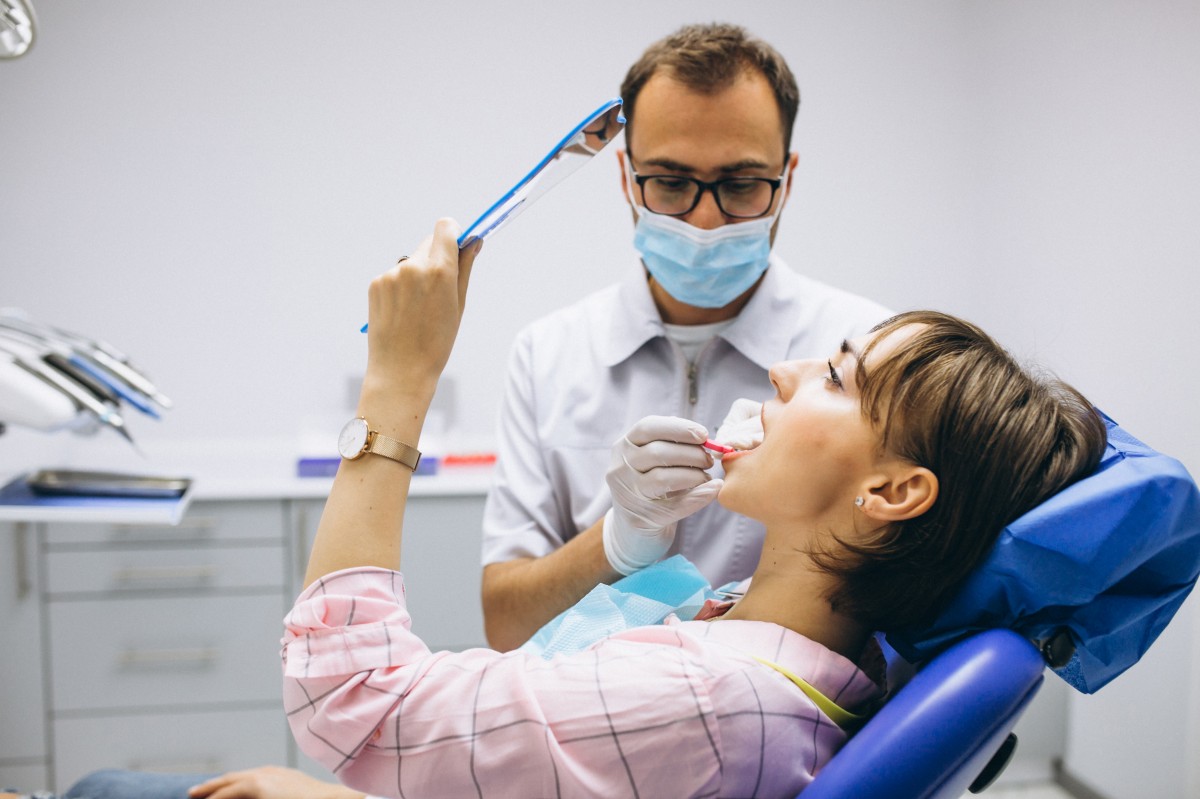
It’s the dentist’s job to provide professional oral care and advice—not to judge or shame their patients. Depending on the dentist’s chairside manner, they might give a mild lecture or some good-natured teasing about staying away so long. Anything harsher would be unprofessional and might indicate you should shop for a different dentist. (You can find a new dentist and set up an appointment here.)
Remember that they only want what’s best for you and your dental health. Listen to their suggestions for future care with an open mind. Don’t feel the need to explain or make excuses. The important thing is you made the appointment and you’re taking care of your teeth now.
Tip #2: Check With Your Insurance Provider

If you’re lucky enough to have dental insurance, that’s great! But check with your provider first. Find out what is and isn’t covered as far as exams, x-rays, and cleanings. When you haven’t been to the dentist in years, there’s a chance you’ll need additional dental work like fillings or periodontal treatment. Check to see what your policy covers so you’ll be prepared for any additional expenses.
Dental insurance networks change periodically too. If you’re going back to a dentist, make sure they’re still part of your plan. If not, or if you’re looking for a new dentist, find out which practices in your area accept your coverage.
Tip #3: Ask About the Dentist’s Protocol

When you call to make an appointment, tell them how long it’s been since you’ve had a checkup. Knowing this beforehand helps the dentist and hygienists prepare for a visit that might take longer and involve more questions. They may schedule you with their most experienced hygienist if they suspect your teeth cleaning could be more involved.
They might also have special protocols due to COVID-19 restrictions. Most dental practices have specific instructions on what to do when you arrive so everyone stays safe. Listen to these, as they will help you understand what to expect at the dentist’s office.
Tip#4: Your Appointment Might Take a While–Know What to Expect

Be sure to set aside a sufficient block of time for your appointment. Since it may have been years since your last appointment, the dentist will almost certainly need updated paperwork and a full dental history. Even if you’ve seen this dentist before, as far as their records go, you’re essentially starting from scratch.
Once you’re in the dentist’s chair, the exam and cleaning may take longer than you’d expect. The hygienist will want to do a thorough job. The dentist will need time to familiarize him or herself with your case. And even if your teeth feel fine, they will take a full set of x-rays to get the full picture of your dental health.
Tip #5: You’ll Get a Thorough Exam
The dentist will likely ask about your general health since your last visit, as well as any dental issues you’re experiencing. Often medical issues or prescriptions can impact a patient’s teeth, so this is necessary information. In addition to examining your x-rays, he or she will check that your bite is in proper alignment, prod your fillings to check for loosening, and examine the condition of your gums for signs of periodontal disease. Dentists are also trained to check the inside of the cheeks, lips, and under the tongue for indications of mouth cancer.
This dental exam doesn’t take very long but will give the dentist a lot of information about your mouth health. If you have questions about what they’re looking for, just ask.
Tip #6: Be Ready for X-Rays
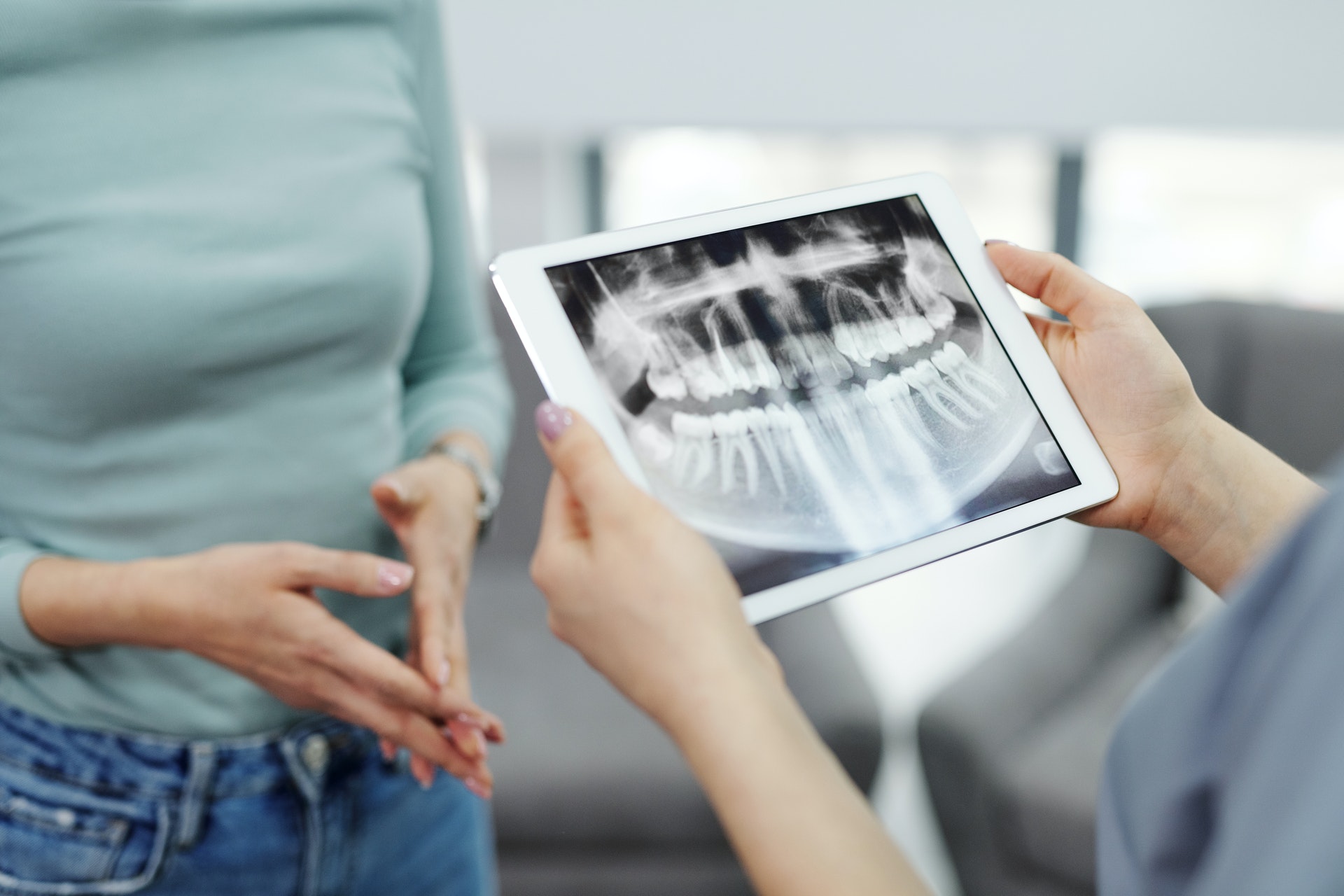
As we’ve already mentioned, dentists typically order a full set of x-rays for a patient who hasn’t had a checkup in years. X-rays are the only way to see very small cavities or tiny cracks in the teeth, so they can catch problems long before the patient realizes they’re there. Finding a cavity before it gets big enough to cause any pain is the best possible scenario.
Left untreated, cavities, chips, and cracks can let in bacteria that cause infection. A filling, root canal procedure, or even extraction might be necessary if it’s left to get too big.
Tip #7: There Could be Some Bleeding or Pain
Dental professionals do everything in their power to make patients comfortable, but there can be a bit of bleeding or pain during a cleaning. This is especially true when it hasn’t been done in years.
When teeth aren’t flossed regularly, it’s common for gums to bleed when the hygienist does it. Touching tender gums with dental instruments can make them bleed too. It’s usually only a little and will stop after a short while.
The harder the hygienist has to work to scrape plaque off the teeth, the more likely there will be some pain. It might linger for a few hours after the appointment but is rarely serious. Both pain and bleeding are less likely when teeth are brushed and flossed often—a good reason to have a regular dental care routine.
Tip #8: You Might Need More than One Appointment
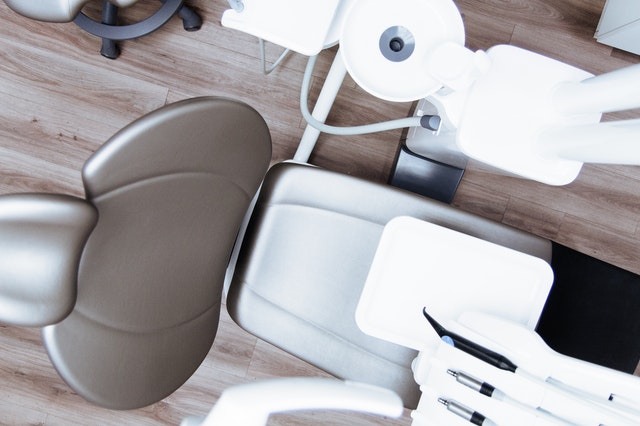
Even if your teeth are feeling fine, there could be underlying problems like tooth decay or gum disease. It’s unlikely that a dentist would fix a dental problem right away. Instead they will schedule another time to perform whatever procedure is needed. When you come back, they will have sufficient time set aside and all of the necessary equipment ready.
Cavities, root canal problems, or periodontal issues won’t go away on their own. They will, however, get worse, causing more time, money, and pain. While it might be frustrating to find out there are dental issues that require more visits, the important thing is that you’ve gotten the ball rolling to get them fixed.
Tip #9: Look at Your Calendar
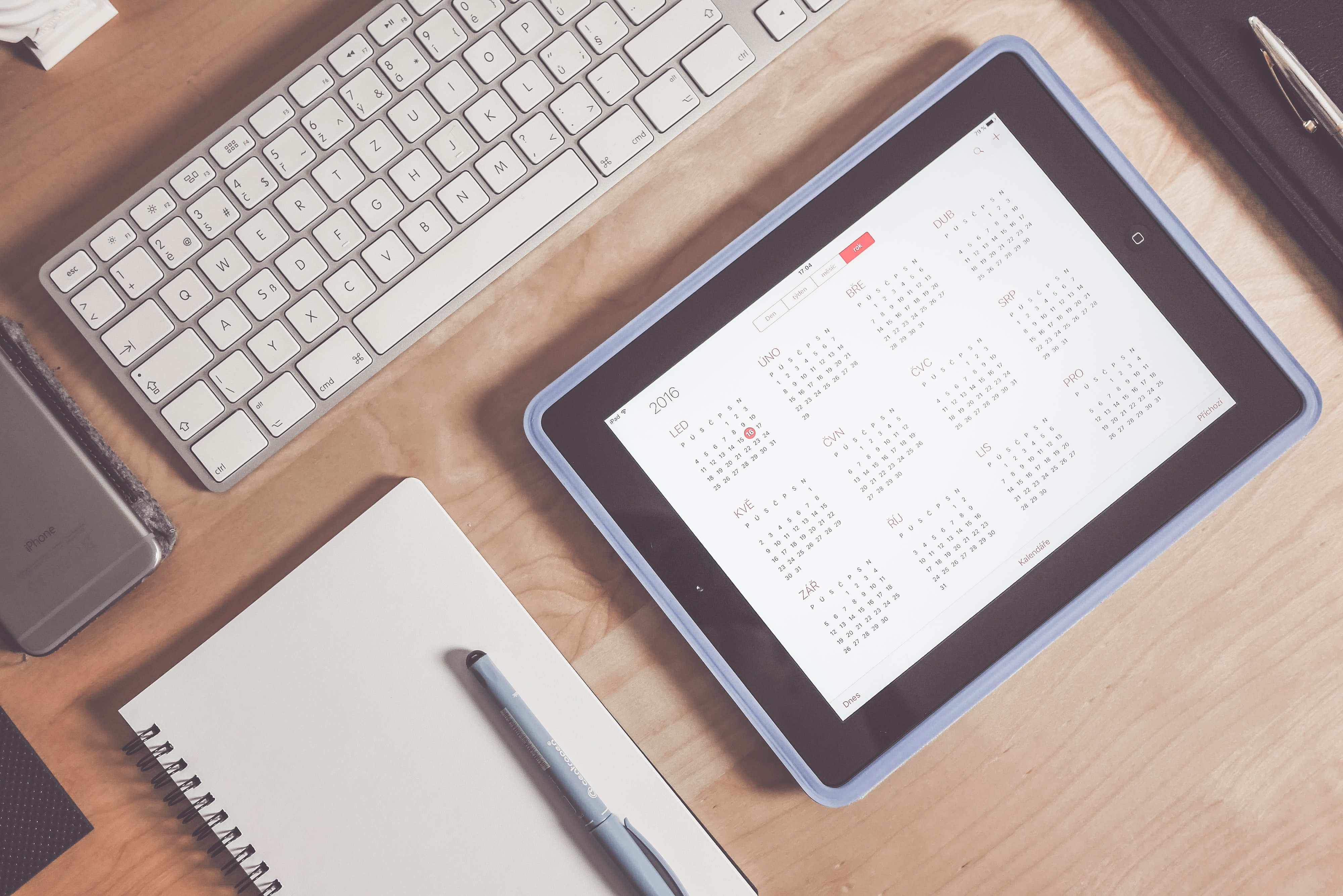
When your appointment is done, be ready for the dentist’s receptionist to ask if you’d like to schedule your next appointment in six months. It might seem silly to pick a date and time so far in advance but take our advice and make the appointment. If it’s on your calendar, you’ll be more likely to keep it.
Regular dental visits help prevent pain and tooth loss. Good dental health even helps overall physical health. And nice clean teeth simply look and feel better. Now that you’ve taken the leap to make that appointment when you haven’t been to the dentist in years, we highly recommend that you keep it up.


